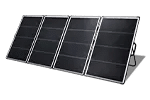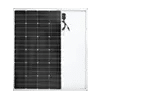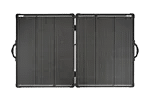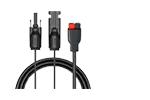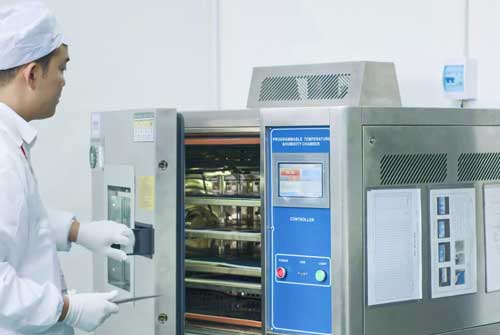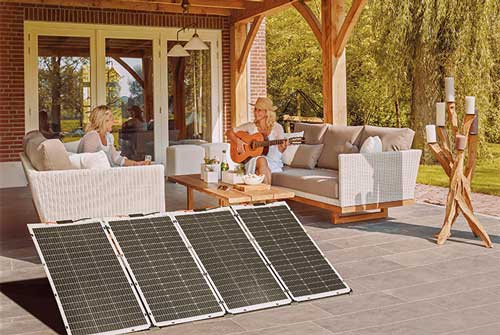Solar energy is a clean, renewable, and cost-effective source of energy that has gained immense popularity in recent years. One of the main benefits of solar energy is that it helps reduce our reliance on fossil fuels and thus, helps reduce greenhouse gas emissions. However, in order to make the most of this technology, it is important to ensure that your solar panels are functioning at their highest possible efficiency. In this article, we will discuss some tips and tricks to help you maximize the efficiency of your solar panels.
Table of Contents
I. Why Solar Panel Efficiency is Important
II. Factors Affecting Solar Panel Efficiency
III. Tips for Maximizing Solar Panel Efficiency
- Keep Your Solar Panels Clean
- Make Sure Your Solar Panels Are Installed Correctly
- Use a Solar Panel Monitoring System
- Maximize Sun Exposure
- Use High-Quality Solar Panels
- Optimize the Angle of Your Solar Panels
- Use a Solar Panel Shade
- Consider Solar Panel Cooling
- Install Energy-Efficient Appliances and Light Bulbs
- Reduce Energy Consumption
- Use a Solar Battery Storage System
- Regular Maintenance
- Upgrade Your Solar Panel System
IV. Conclusion
V. FAQs
Why Solar Panel Efficiency is Important
The efficiency of a solar panel refers to the amount of sunlight it can convert into usable electricity. The higher the efficiency, the more electricity your solar panels can generate, which means lower electricity bills and a faster return on your investment. Therefore, maximizing the efficiency of your solar panel system is essential to get the most out of your investment.
Factors Affecting Solar Panel Efficiency
Several factors can affect the efficiency of solar panels, including the type of solar panels, the temperature, the angle of the solar panels, the amount of sunlight they receive, and any shading or obstruction. Even a small amount of shade can significantly reduce the efficiency of a solar panel.
Tips for Maximizing Solar Panel Efficiency
Here are some tips to help you maximize the efficiency of your solar panels:
- Keep Your Solar Panels Clean
Dirt, debris, and bird droppings can reduce the efficiency of your solar panels. Therefore, it is essential to clean your solar panels regularly to remove any dirt or debris. You can use a soft cloth and water to clean your solar panels.
- Make Sure Your Solar Panels Are Installed Correctly
Proper installation is crucial for the efficiency of your solar panels. The solar panels must be installed at the right angle and direction to maximize sun exposure. It is important to hire a professional solar panel installation company to ensure that your solar panels are installed correctly.
- Use a Solar Panel Monitoring System
A solar panel monitoring system can help you track the performance of your solar panel system. It can help you identify any issues and optimize the performance of your solar panels.
- Maximize Sun Exposure
To maximize the efficiency of your solar panels, it is important to ensure that they receive maximum sun exposure. This means removing any obstacles that may block sunlight and positioning your solar panels in a way that maximizes their exposure to the sun.
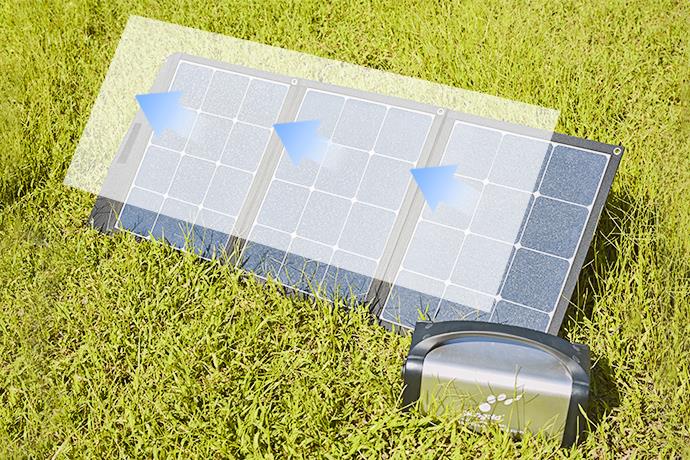
- Use High-Quality Solar Panels
Investing in high-quality solar panels can significantly improve the efficiency of your solar panel system. High-quality solar panels are made with better materials and are designed to last longer and generate more electricity.
- Optimize the Angle of Your Solar Panels
The angle of your solar panels is an important factor in their efficiency. The optimal angle of your solar panels depends on your location and the time of year.
- Use a Solar Panel Shade
Using a shade for your solar panels can help reduce their temperature and increase their efficiency. A shade can also protect your solar panels from harsh weather conditions, such as hail or snow.
- Consider Solar Panel Cooling
Solar panel cooling systems can help reduce the temperature of your solar panels and improve their efficiency. These systems use water or air to cool the solar panels and can be installed alongside your solar panel system.
- Install Energy-Efficient Appliances and Light Bulbs
Installing energy-efficient appliances and light bulbs can help reduce your overall energy consumption and increase the efficiency of your solar panel system. Energy-efficient appliances and light bulbs use less energy, which means your solar panel system can generate more electricity.
- Reduce Energy Consumption
Reducing your overall energy consumption can also help increase the efficiency of your solar panel system. You can reduce your energy consumption by turning off lights and appliances when they are not in use, using energy-efficient appliances, and adjusting your thermostat.
- Use a Solar Battery Storage System
A solar battery storage system can help you store excess energy generated by your solar panel system. This energy can be used during times when your solar panels are not generating enough electricity, such as at night or on cloudy days.
- Regular Maintenance
Regular maintenance of your solar panel system can help keep it running efficiently. This includes cleaning your solar panels, checking for any damage or obstructions, and checking the performance of your solar panel system.
- Upgrade Your Solar Panel System
Upgrading your solar panel system can also help increase its efficiency. Upgrades can include adding more solar panels, installing a solar battery storage system, or upgrading to higher-efficiency solar panels.
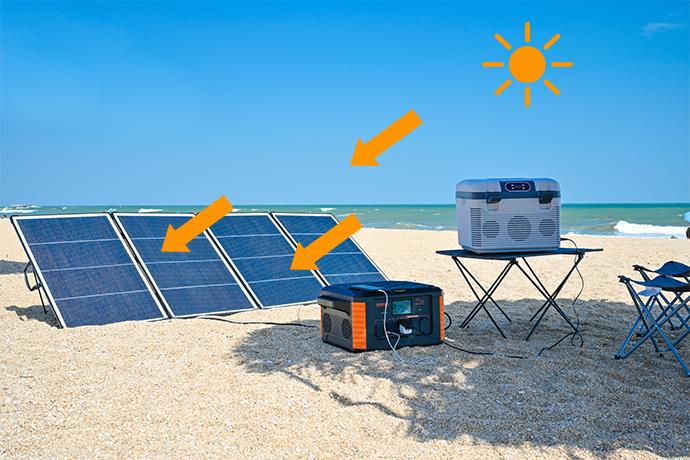
Summary
Maximizing the efficiency of your solar panel system is essential to get the most out of your investment. By following these tips and tricks, you can help ensure that your solar panel system is functioning at its highest possible efficiency.
FAQs
| Q1: What is the lifespan of a solar panel system? |
| The lifespan of a solar panel system can vary depending on the quality of the equipment and installation, as well as how well the system is maintained. On average, a well-maintained solar panel system can last for 25-30 years. |
| Q2: Can I install solar panels myself? |
| While it is possible to install solar panels yourself, it is generally recommended to hire a professional solar panel installer. A professional installer will have the knowledge and experience necessary to ensure that your solar panel system is installed correctly and safely. |
| Q3:How do I know if my solar panels are working correctly? |
| You can monitor the performance of your solar panel system using a monitoring system or by checking your electricity bills. If you notice a significant decrease in your electricity bills, it is a good indication that your solar panels are working correctly. |
| Q4:Can solar panels generate electricity on cloudy days? |
| While solar panels are most effective in direct sunlight, they can still generate electricity on cloudy days. However, their efficiency will be lower compared to sunny days. |
| Q5:How much does it cost to install a solar panel system? |
| The cost of installing a solar panel system can vary depending on the size of the system, the quality of equipment, and installation fees. On average, the cost of installing a solar panel system ranges from $10,000 to $30,000. However, government incentives and rebates can help reduce the cost of installation. |



